I love to get outside. I’ve spent lots of time working outside with outdoor education programs, I spend a lot of my spare time outside, and it’s one of the main reasons why I pursued an undergraduate degree in Earth and Ocean Sciences. This summer, my partner and I spent three and a half months cycling coast to coast across the continent, almost entirely outside. Getting outside is a big part of my life. Usually, outdoor adventures for us mean driving out of the city to go for a hike, driving up island to get into the mountains, driving to the snow, driving up old decrepit logging roads, driving with boats strapped to the roof of the car: lots and lots of driving! But right now, we don’t have a car. We’re trying to live intentionally using human-powered transportation as much as possible. This means we ride our bikes a lot. This also means that our usual outdoor adventures are a little bit more logistically difficult. But this doesn’t mean the end of outdoor adventures, it just means we have to get a bit more creative! This is where backyard adventures come in.
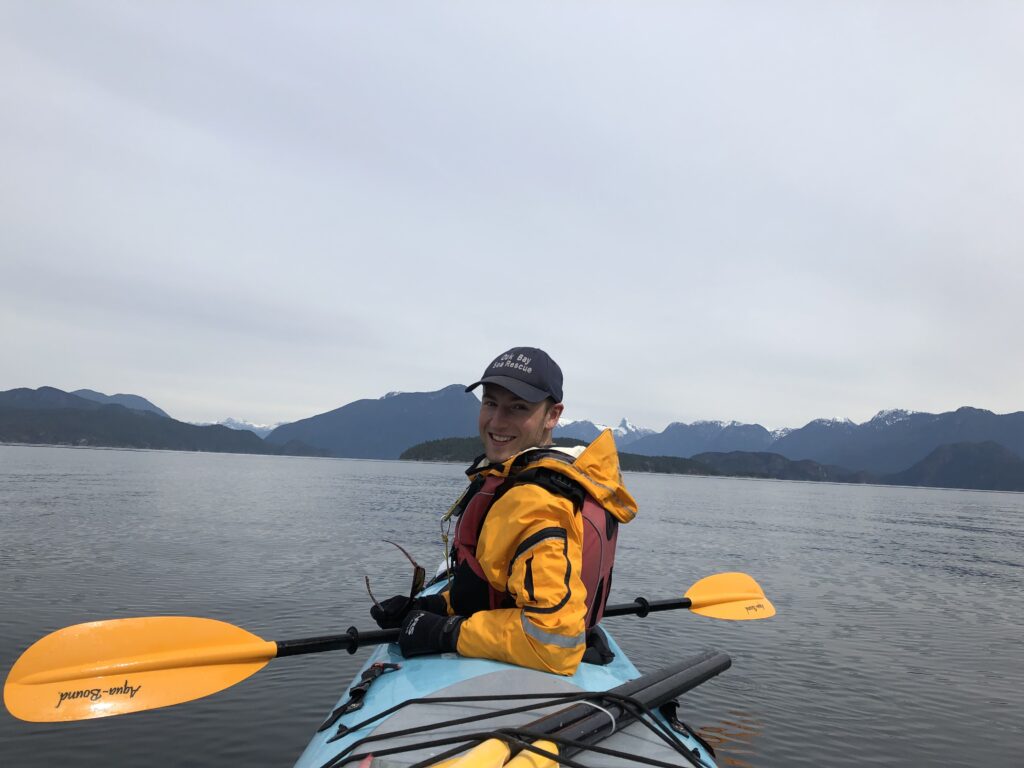
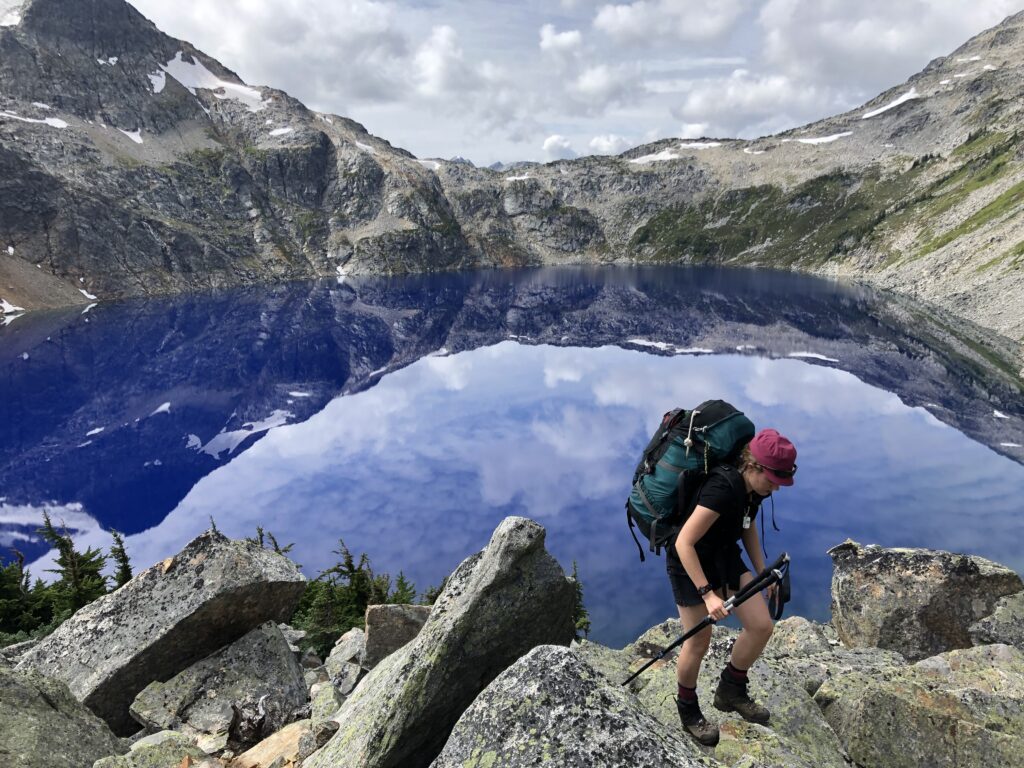
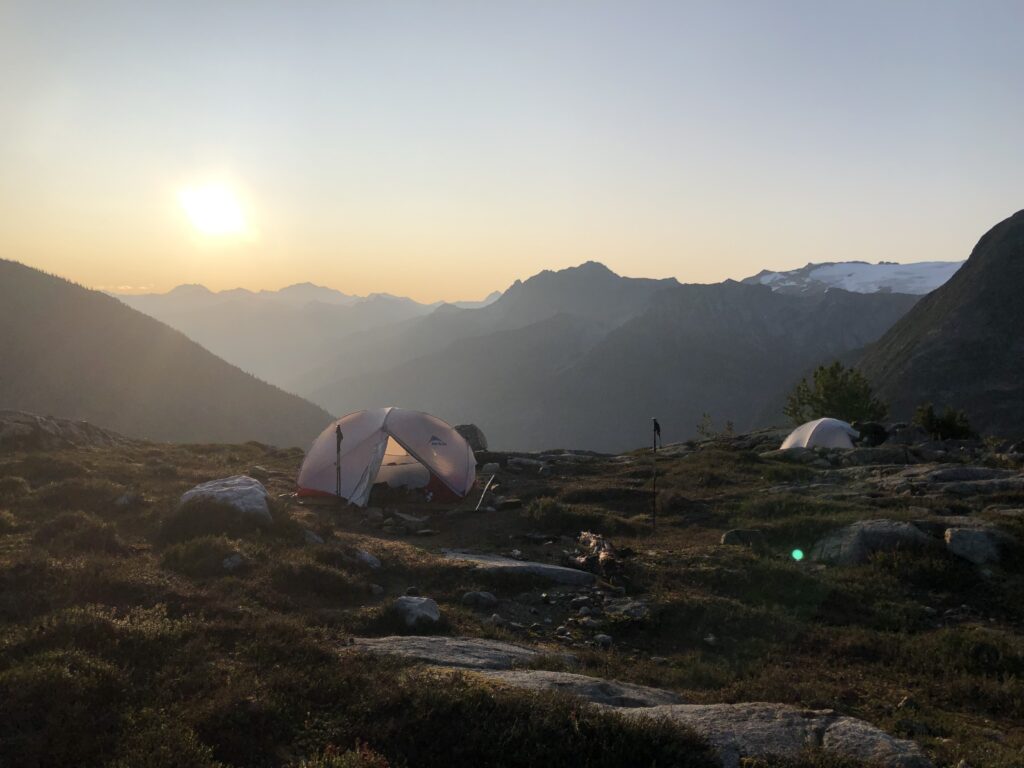
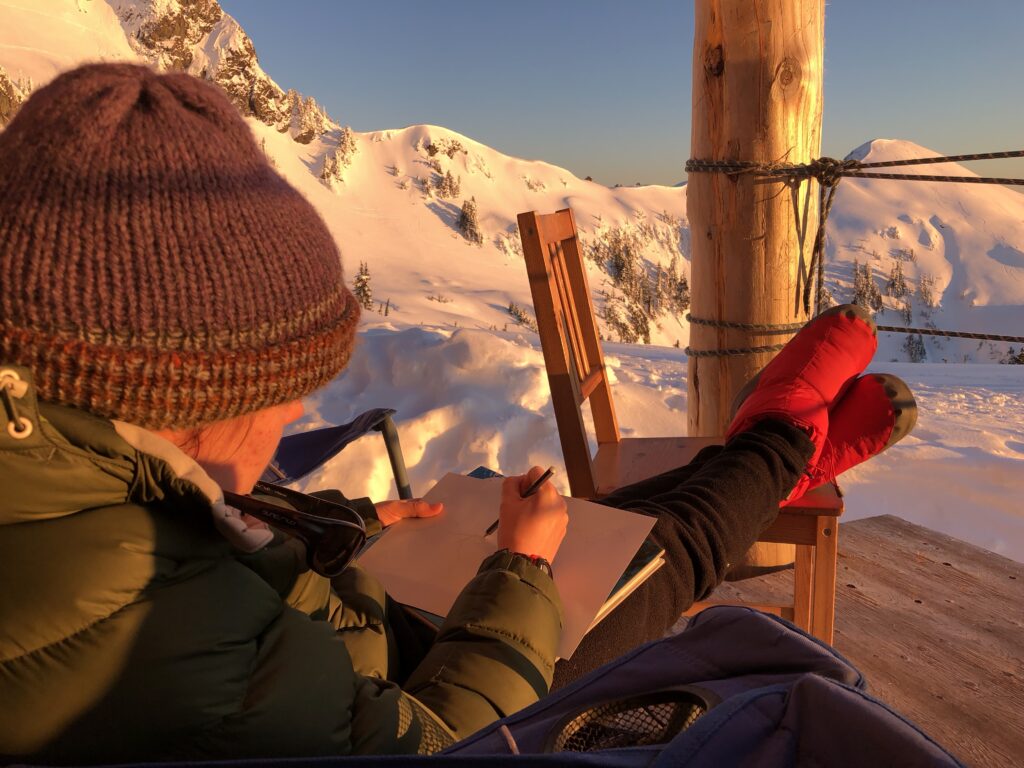
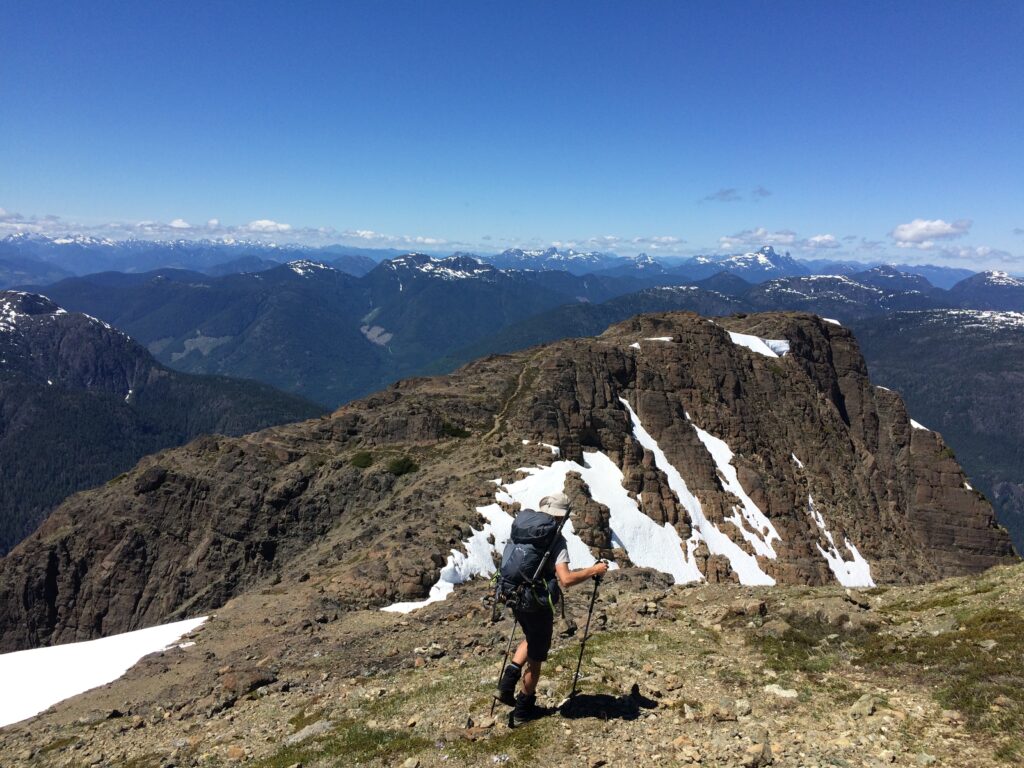
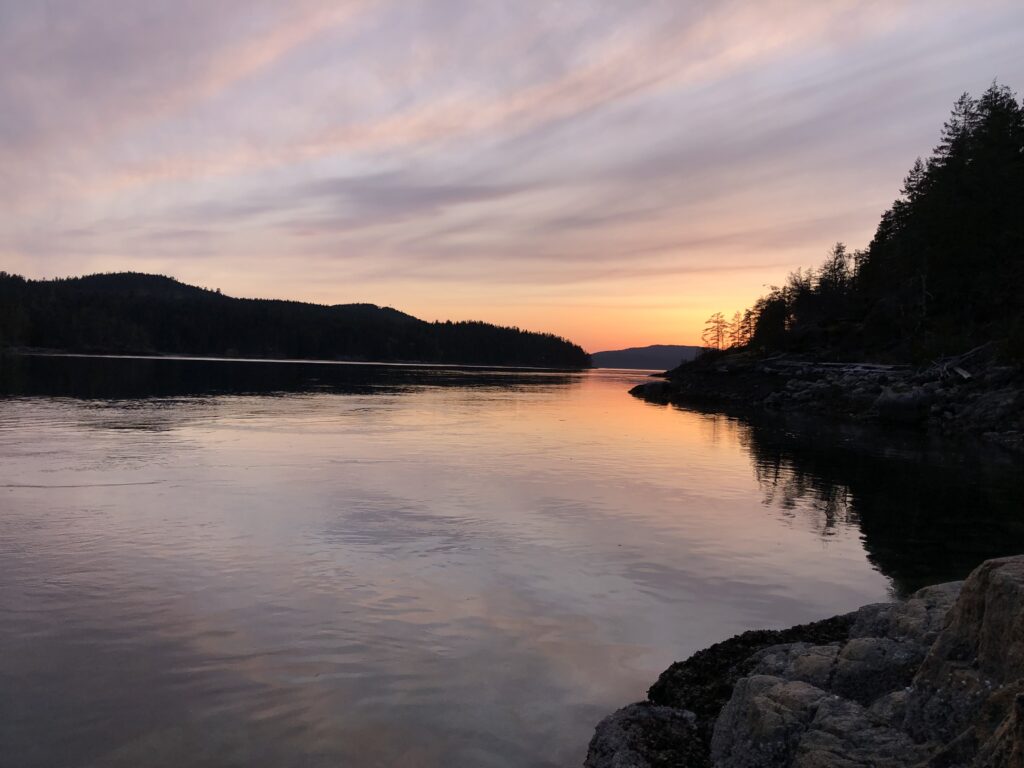
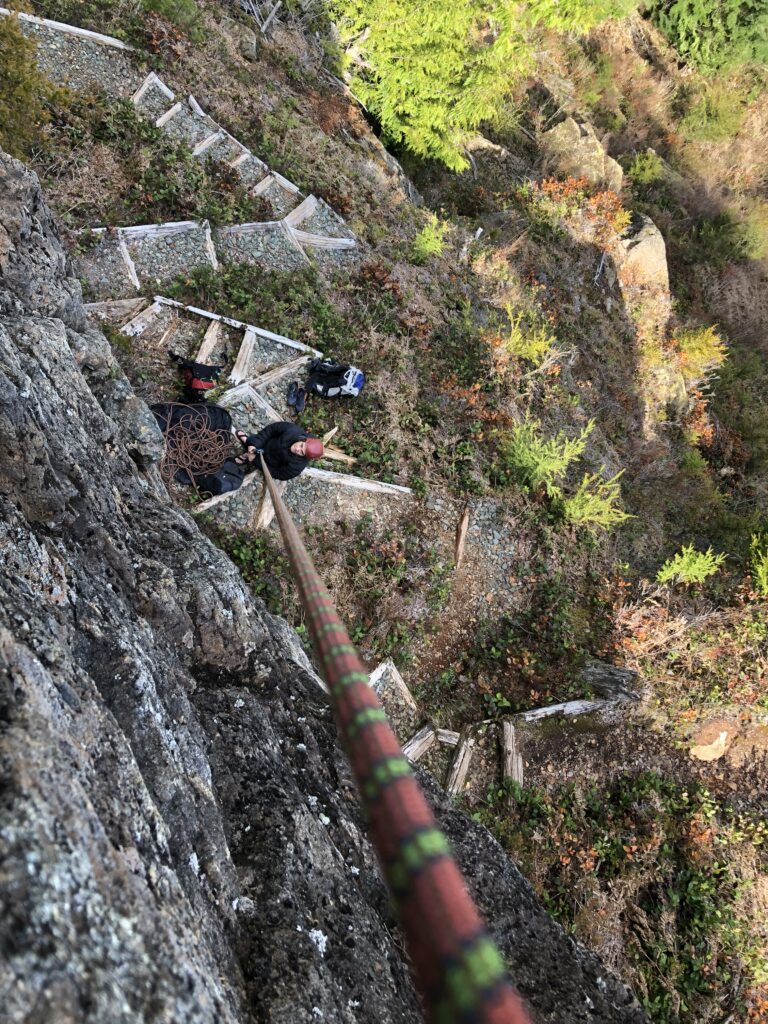
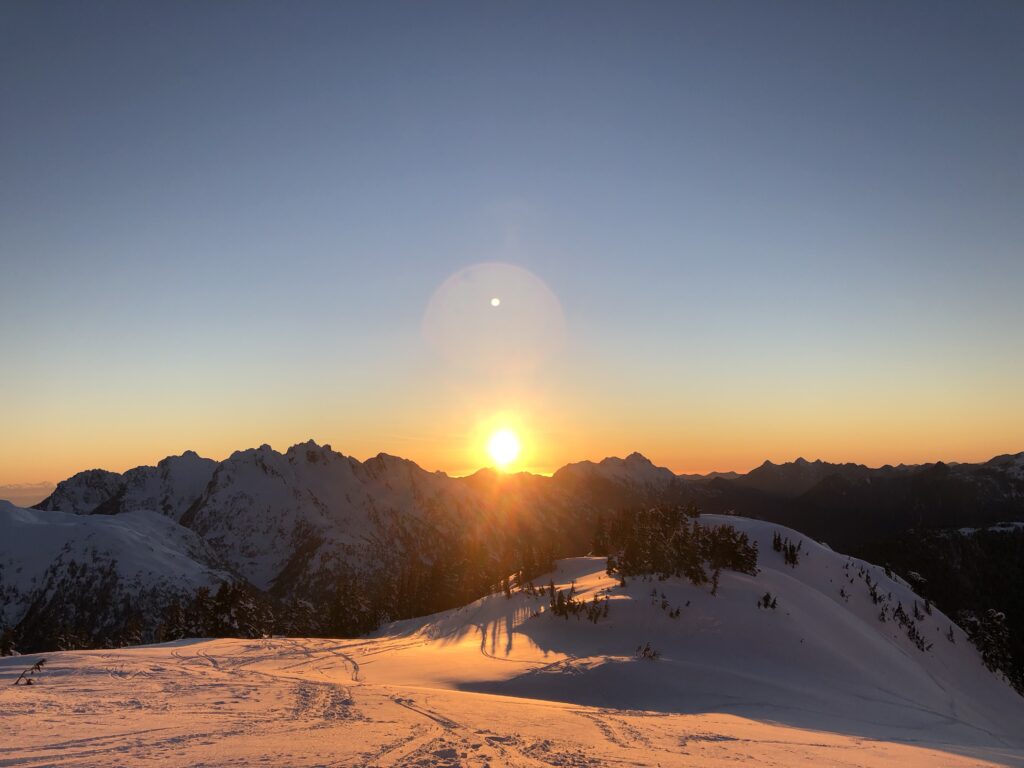
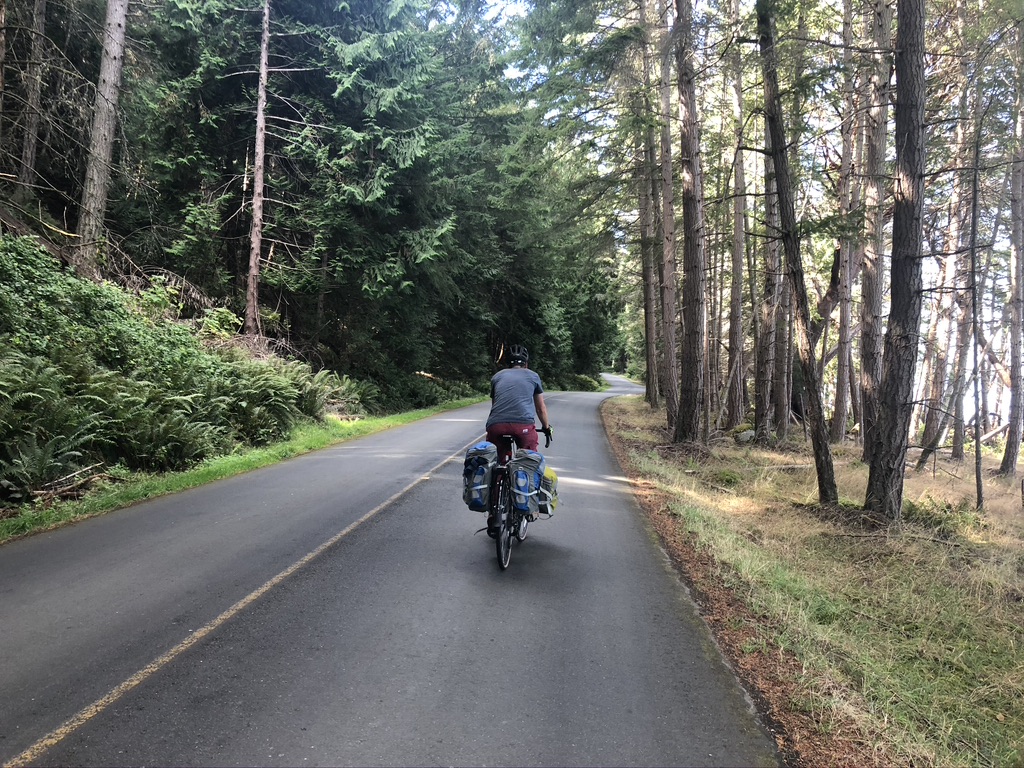
I heard about the idea of backyard adventures from Beau Miles, an infectiously enthusiastic outdoor educator and filmmaker, who makes highly entertaining YouTube videos about his own backyard adventures. To Miles, an adventure is more about the approach you take than where you go or what you do. You can turn anything into an adventure by getting curious, coming up with a challenge, embracing a bit of wackiness, and having a grand old time. Some of the backyard adventures Miles has undertaken include paddling his commute to work, following an urban watershed from source to sink, and running a marathon at mile-an-hour pace around his block. For this project, I’d like to apply the spirit of Miles’ backyard adventures to my own life. How many different ways can I bike to school? Maybe I can walk to school! Can I use running to learn more about the cultural significance of different places around the city to the lək̓ʷəŋən (Lekwungen) people whose land I live on? Or what about cycling to learn about where my tap water comes from? What can I learn about the place I live by taking time to move slowly through it? I hope that this project can also serve as an experiment in my own environmental education. That it can serve as a personal case study of some ways that environmental education can be applied in an urban space, without the need to travel long distances, without the need for a car, without taking myself too seriously, and while having lots of fun.
My self-imposed loose backyard adventure criteria:
- Must be powered by my own steam
- Must be free
- Must be fun
Let the adventure begin!
Leave a Reply
You must be logged in to post a comment.